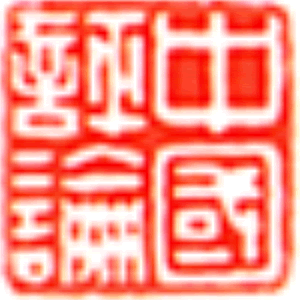Both China and the rest of the world have to adapt to this new reality. China has to recognize that it is in a totally new situation created by its own success. China can no longer expect to be treated the same way as in the past when it was much smaller and weaker. China may still be decades away from becoming a fully developed advanced country, but it cannot wait
decades before taking on larger responsibilities.
Having gained much from the international system, China now has a substantial stake in upholding it, and making the system work for the global community. Chinese leaders have spoken up strongly in support of globalisation and a rules-based international order. China must now convince other countries through its actions that it does not take a
transactional and mercantilist approach, but rather an enlightened and inclusive view of its long term interests.
For example, when China joined the WTO in 2001, its merchandise trade accounted for only 4.0% of world trade. Since then China’s share has almost tripled, to 11.8%. This is why the trade arrangements and concessions that China negotiated when it joined the WTO are no longer politically wearable for other countries. It is in China’s own interest to prevent the international framework of trade from breaking down, and to implement timely changes that bring about greater reciprocity and parity with its trading partners, and that are more consistent with present day China’s more advanced state of development.
Similarly, in security, now that China is a major power with the second largest defence budget in the world, its words and actions are seen differently. To protect its territories and trade routes, it is natural that China would want to develop modern and capable armed forces, and aspire to become not just a continental but also a maritime power. At the same time, to grow its international influence beyond hard power, China needs to wield this strength with restraint and legitimacy. |
